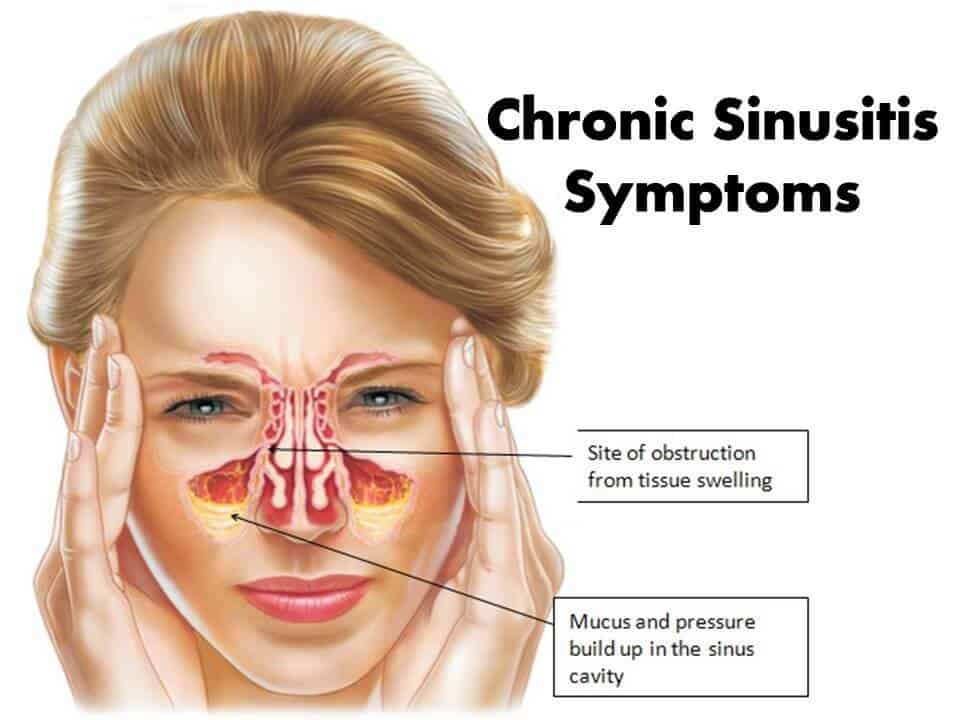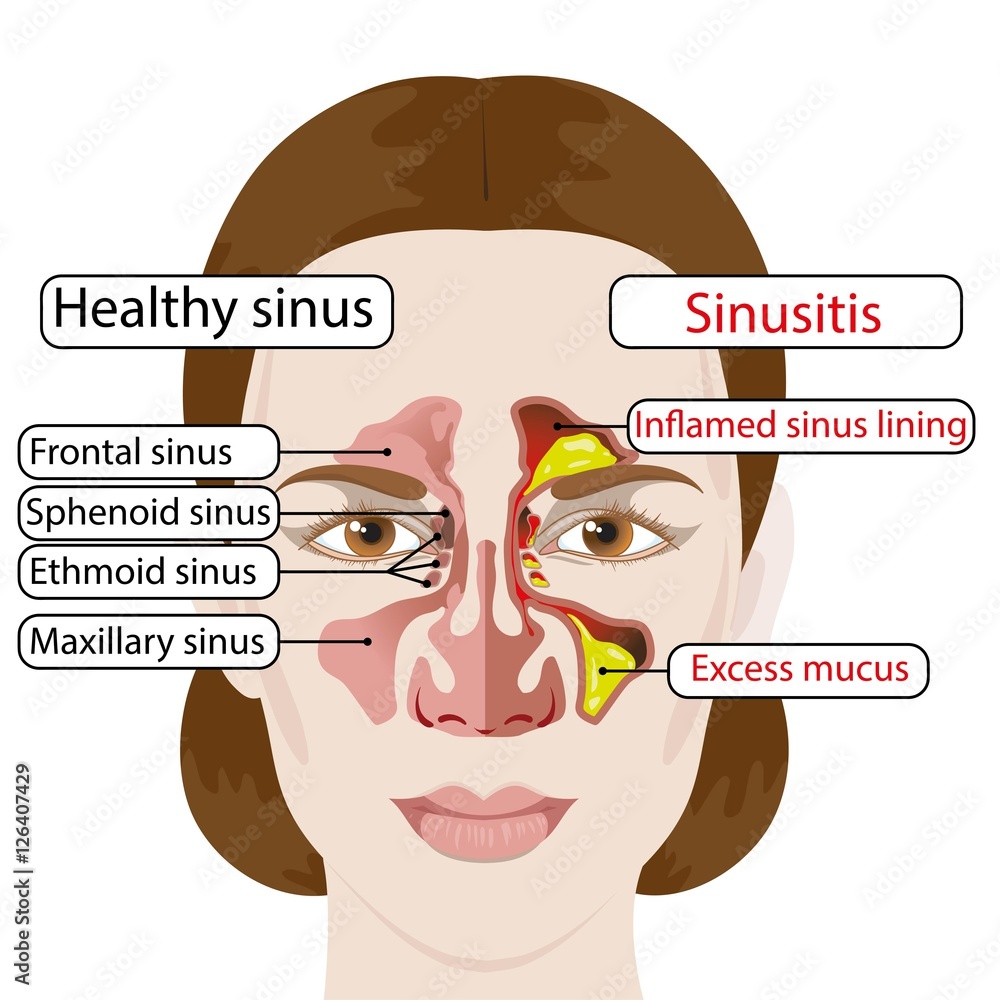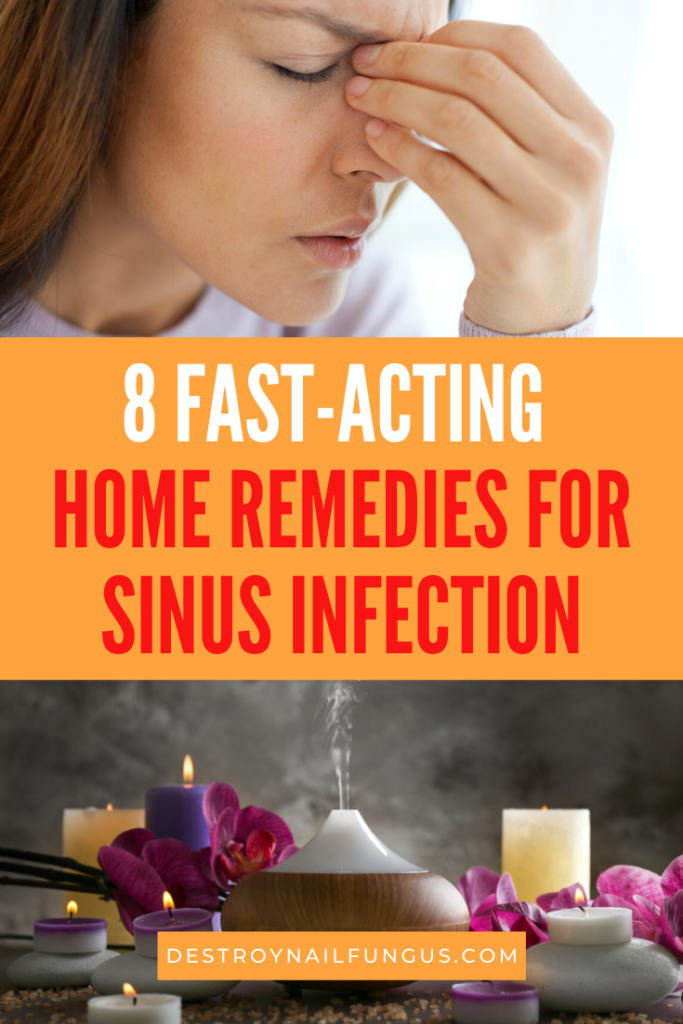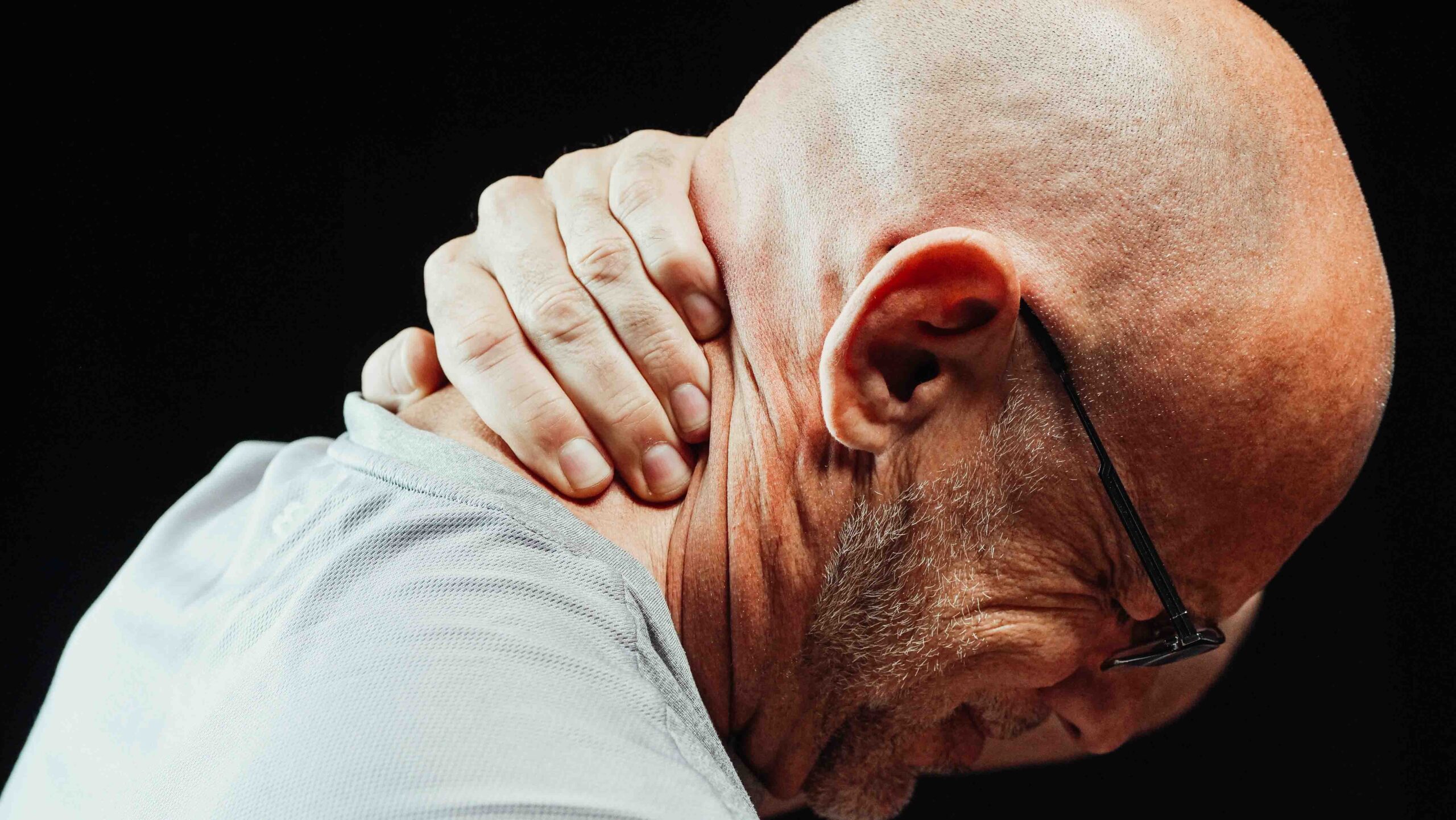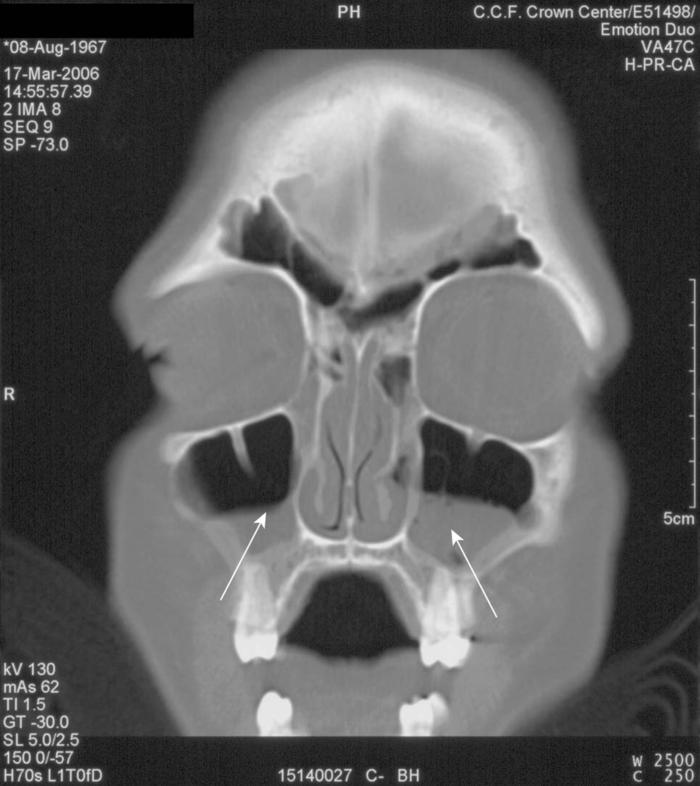Lessons I Learned From Info About How To Treat Inflamed Sinuses
:max_bytes(150000):strip_icc()/SinusInfectionRemedies_1191989_Final_1-b1ba1a6e6dfd456487524707c668bcd1.jpg)
Loss of the senses of taste ( ageusia) and smell ( anosmia ).
How to treat inflamed sinuses. Treatments for chronic sinusitis include: Take long showers or breathe in steam from a pot of warm (but not too hot) water. These nasal sprays help prevent and treat swelling.
Sinus pressure treatment depends on the associated condition. Takeaway sinusitis can cause facial pressure, sinus headache, and other symptoms. First line of defense against sinusitis:
Drinking plenty of fluids allows the body to fight infections properly and aids recovery. By dana sparks home remedies: It makes the nose stuffy.
Steroid nasal sprays can help reduce inflammation in the nasal passages. Using a homemade solution, you can often relieve sinusitis symptoms, reduce reliance on nasal sprays and antibiotics, and improve your quality of life. Doctors & departments overview chronic sinusitis enlarge image chronic sinusitis causes the spaces inside the nose and head, called sinuses, to become inflamed and swollen.
Others will help treat the underlying cause of your sinusitis. It’s usually caused by a viral infection and often improves within two or three weeks. Treatment may depend on the cause.
Removing some of the blocked tissue inflating a tiny balloon in the blocked sinuses, then removing it One of the simplest, cheapest, and most effective ways to prevent and treat sinus problems is nasal irrigation. This will thin out your mucus, which could help prevent blocked sinuses.
A light on the tube allows the provider to see inside the sinuses. How is sinus pressure treated? Your sinuses are lined with.
Avoid beverages that contain caffeine or alcohol, as they can be dehydrating. Sinusitis is inflammation of the lining of the sinus passages, producing a stuffy head and pain. Prescribing corticosteroids ideally, doctors can prescribe medical therapies that clear up chronic sinusitis symptoms and keep them from coming back.
Air that comes in through your nose moves through your sinuses on its way to your lungs. This interferes with drainage and causes mucus to build up. You can treat a sinus infection at home with:
Antibiotics are usually not effective. A health care provider inserts a thin, flexible tube, known as an endoscope, into the nose. Tobacco smoke and other pollutants can irritate lungs and inside the nose, known as nasal passages.


